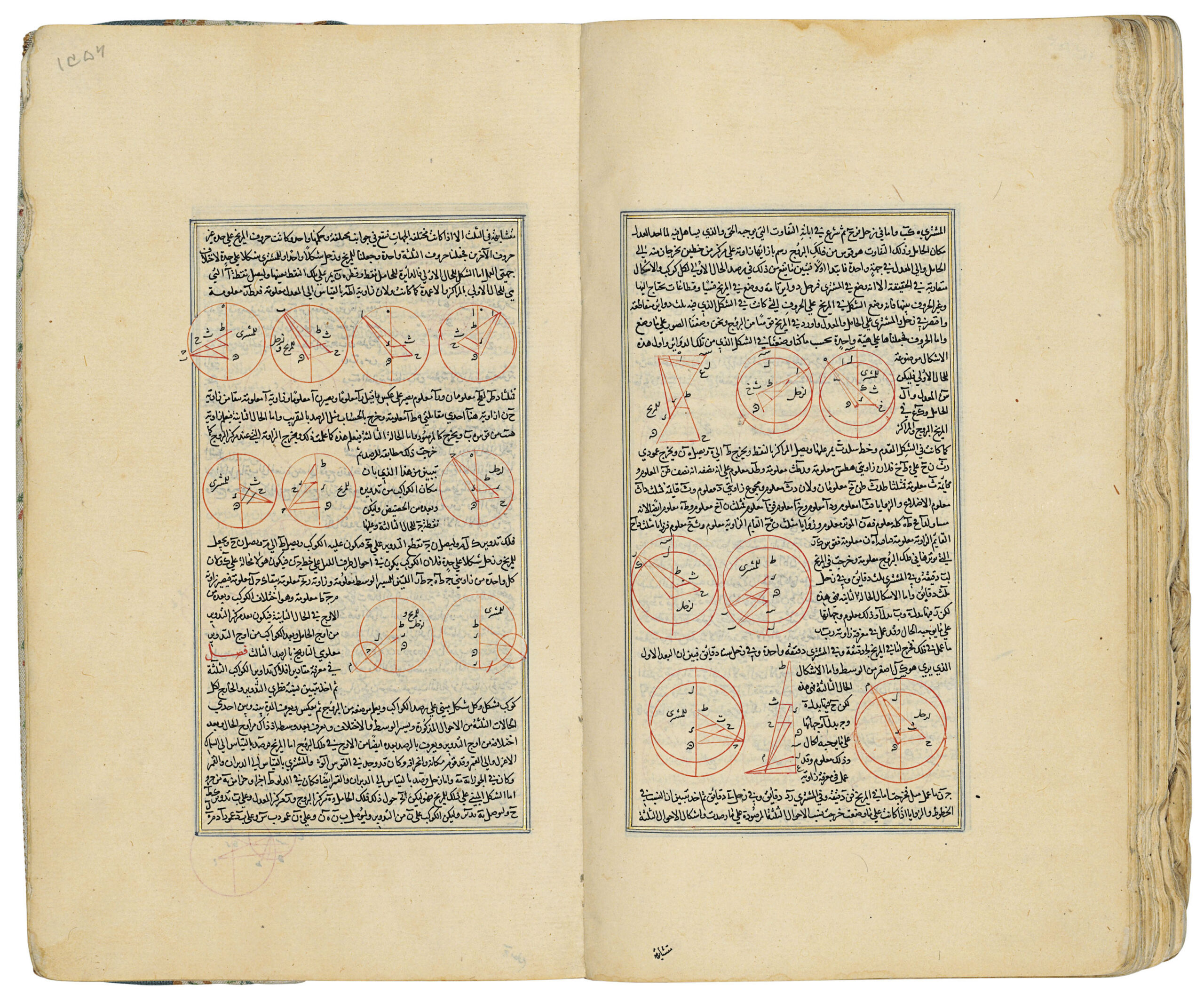Furthermore, the explorations of Ibn Husayn extend beyond the realms of philosophy and science into the domains of spirituality and existential reflection. His inquiries into the nature of existence prompt an introspection about the meaning of life and our place within it. In light of Shia teachings on unity and communal wellbeing, Ibn Husayn’s reflections challenge adherents to consider not only their personal spiritual journeys but also the collective struggles of their communities. Thus, the question arises: Can the teachings of a medieval philosopher guide contemporary Shia Muslims in their pursuit of collective social justice?
An examination of Ibn Husayn’s contributions to Shia thought inevitably leads to discussions about the relevance of his teachings in today’s world. His clear advocacy for knowledge, ethical integrity, and the convergence of faith and reason serves as a guiding beacon for followers navigating the complexities of modern existence. It is essential to reflect on how one can embody these principles in personal life, thereby fostering a conducive environment for moral and intellectual growth.
In conclusion, the teachings of Abdullah Ibn Husayn offer a multifaceted lens through which Shia Islam can be understood and appreciated. The interplay of philosophy, ethics, and science in his work underscores a profound legacy that challenges individuals to reconcile their faith with the quest for knowledge. As we navigate through the challenges of our time, we are called to embrace this rich tradition and integrate its wisdom into our daily lives. In doing so, we fulfill the overarching objective of Shia thought: to build a community grounded in justice, knowledge, and compassion.
Tags
Share this on:
[addtoany]


